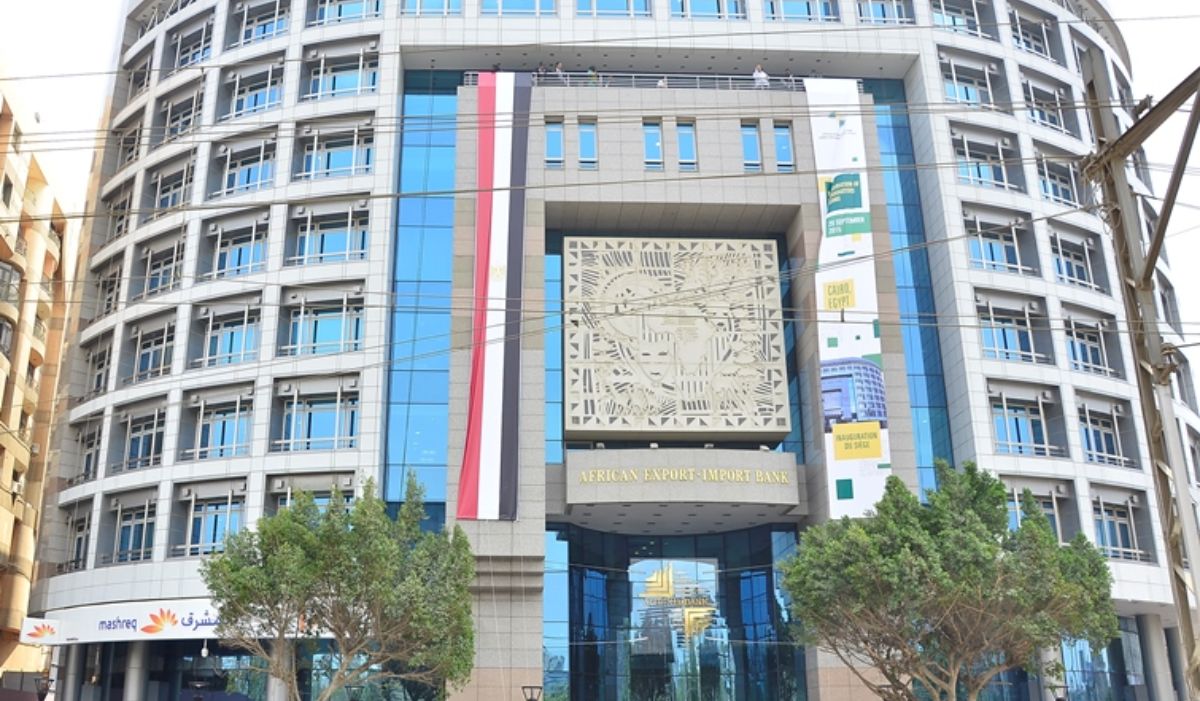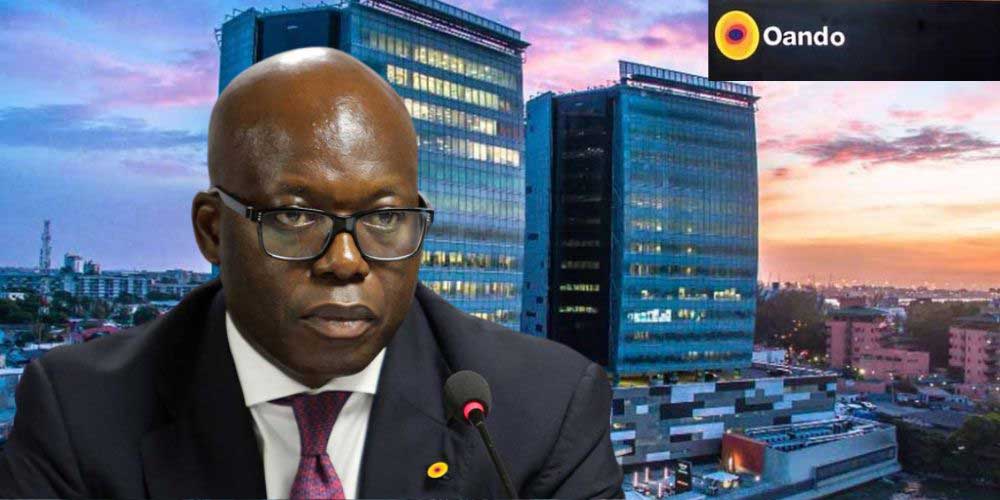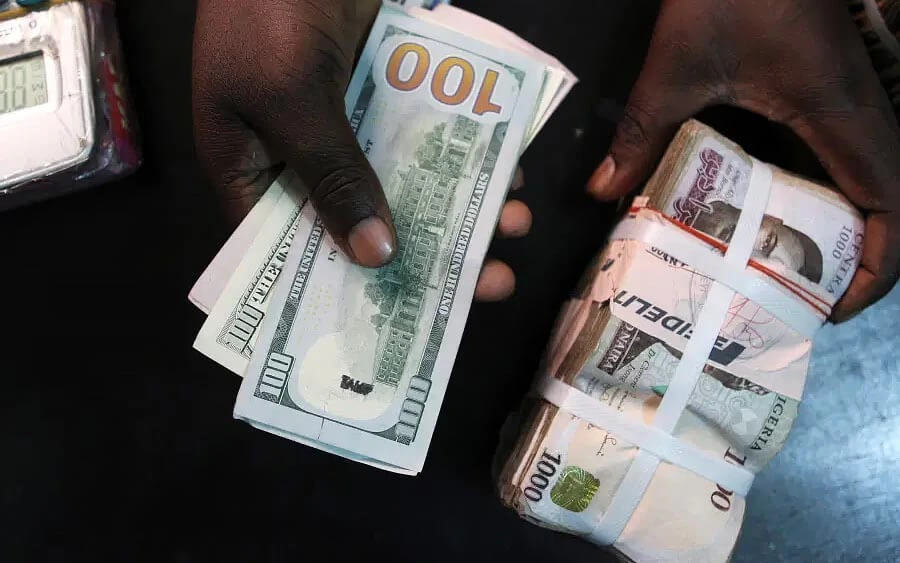CBN Will Cut Interest Rate From Second Quarter, Analysts Predict

Financial analysts at BMI Fitch Solutions have projected that the Central Bank of Nigeria (CBN) will begin reducing interest rates in the second quarter of 2025.
The forecast is based on recent developments in Nigeria’s inflation reporting methodology, which has significantly lowered official inflation figures and improved real interest rates.
This was disclosed in the firm’s Sub-Saharan Africa Monthly Outlook Report, titled ‘Assessing The Impact Of The Trump Administration On Sub-Saharan Africa.’
According to the analysts, Nigeria’s inflation rate fell to 24.5 per cent year-on-year in January 2025, following the adoption of a new methodology by the National Bureau of Statistics (NBS).
This decline has shifted real interest rates into positive territory at 3.0 per cent, compared to negative 7.3 per cent recorded in December 2024.
Analysts, however, argue that the revised methodology likely underestimates the actual inflation experienced by Nigerians, suggesting that the real inflationary pressures remain higher than official figures indicate.
The report maintains that the expected interest rate cut by the CBN will be influenced by declining inflation readings and ongoing exchange rate pressures.
The analysts anticipate that the monetary easing will help stimulate economic growth but caution that broader global economic factors, including U.S. trade policies, may further strain Nigeria’s economic stability.
They highlighted the impact of former U.S. President Donald Trump’s tariff policies on sub-Saharan Africa’s economic outlook, including Nigeria.
“The imposition of broad tariffs could strengthen the U.S. dollar and lead to higher interest rate expectations in the United States. Such developments would reduce capital inflows into sub-Saharan Africa (SSA), weakening dollar liquidity and foreign exchange reserves.
“This, in turn, could limit the ability of central banks in the region to intervene in forex markets and stabilize local currencies,” they said.
The report further warns that a stronger dollar and rising U.S. interest rates would exacerbate fiscal challenges in SSA, where debt servicing already poses a significant burden.
They noted that the economic impact could extend beyond direct tariffs, as a slowdown in China—potentially triggered by U.S. trade restrictions—would likely reduce global demand for sub-Saharan Africa’s critical mineral exports, further straining foreign exchange earnings.
Additionally, analysts foresee a substantial reduction in U.S. foreign aid to SSA, particularly in light of recent developments concerning the United States Agency for International Development (USAID).
“While aid flows account for less than one per cent of GDP in most SSA markets, some economies remain highly dependent on U.S. assistance. Key sectors such as healthcare, humanitarian aid, and disaster mitigation could be particularly vulnerable to budget cuts in U.S. foreign assistance,” they said.
The anticipated interest rate cut by the CBN, coupled with external economic pressures, presents both opportunities and challenges for Nigeria’s financial landscape.
While lower interest rates could spur domestic economic activity, external risks, including exchange rate volatility and reduced foreign capital inflows, may complicate efforts to sustain long-term economic growth.
CBN Will Cut Interest Rate From Second Quarter, Analysts Predict is first published on The Whistler Newspaper





